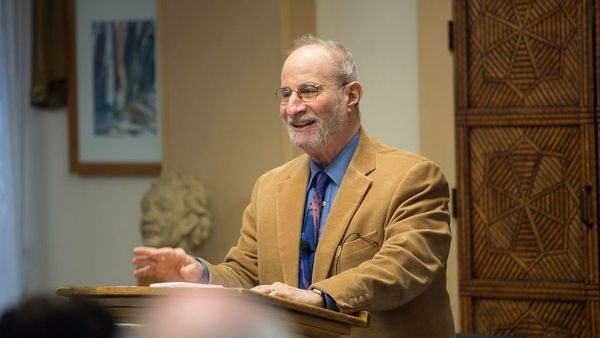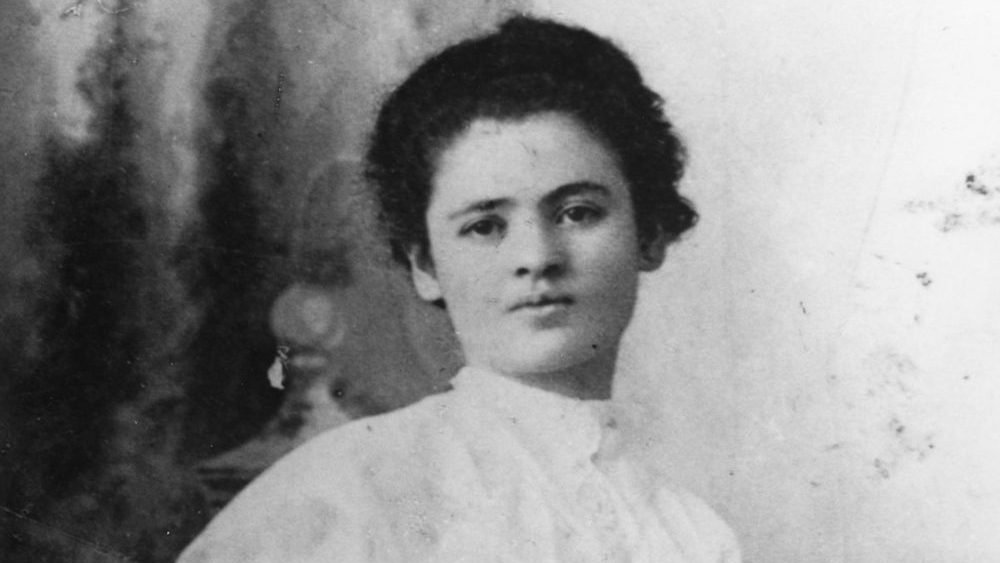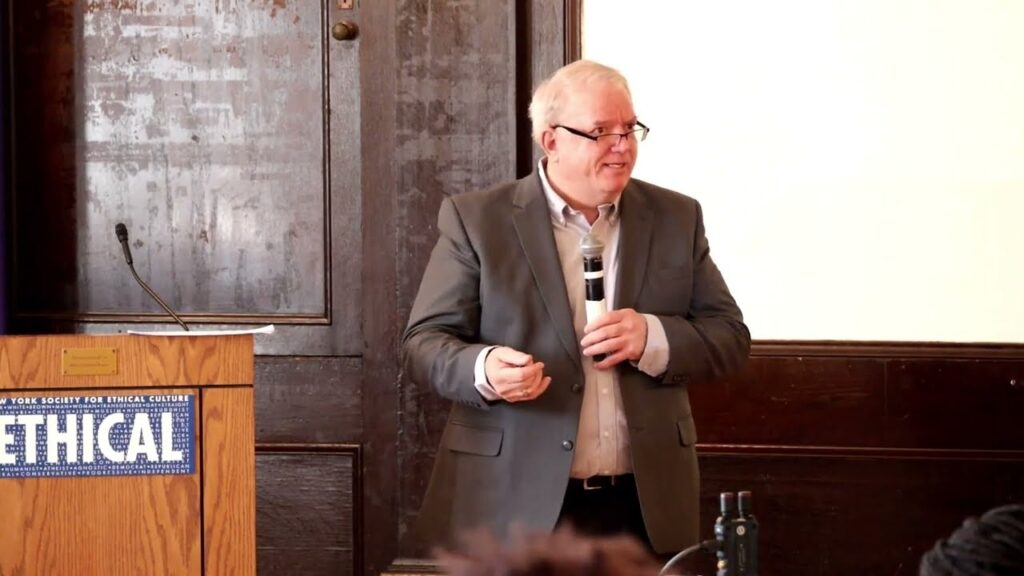
There is a cohort of ethical values that are highlighted by the pandemic that we confront. Among them we might consider the following:
Universality. The pandemic is worldwide. If there are 7.4 billion people comprising humanity, the plague we confront unites humanity under a blanket of common fears and anxieties. It brings to the fore that we are all in this together.
Egalitarianism. Related to its universality is that the plague is a great leveler. It transcends international boundaries and does not discriminate on the basis of race, class, gender, religion, or membership in a particular social group. We are all its potential victims and we are brought together by the common menace we confront.
Fragility. Albert Camus, in his famous novel, The Plague, portrays the humble heroism of a doctor who battles a plague in the city of Oran in northern Algeria. A point Camus makes is that the human condition is always subject to radical insecurity. A plague can emerge at any time, unanticipated, to threaten humanity and its survival. Our confidence and self-confidence are bought by blind egos. Built into the human condition is uncertainty, fragility, or, as Camus often noted, absurdity. We have no choice but to do what we must in the service of human solidarity.
The Human Bond. The need for social distancing (an oxymoron, when you think of it) raises to the fore our yearning and our need for others. Our Ethical Culture teaches us that we are individuals, but we are also social creatures. We live within the web of humanity, joined together by need, but also by love, compassion, and mutual support. We are interdependent and comprise a human family. We live in each other’s radiations, as Felix Adler nicely put it.
After this plague passes — and it will — let us hope that this yearning for one another, which is currently challenged by necessity, will endure and we come to appreciate one another even more than we do now.







